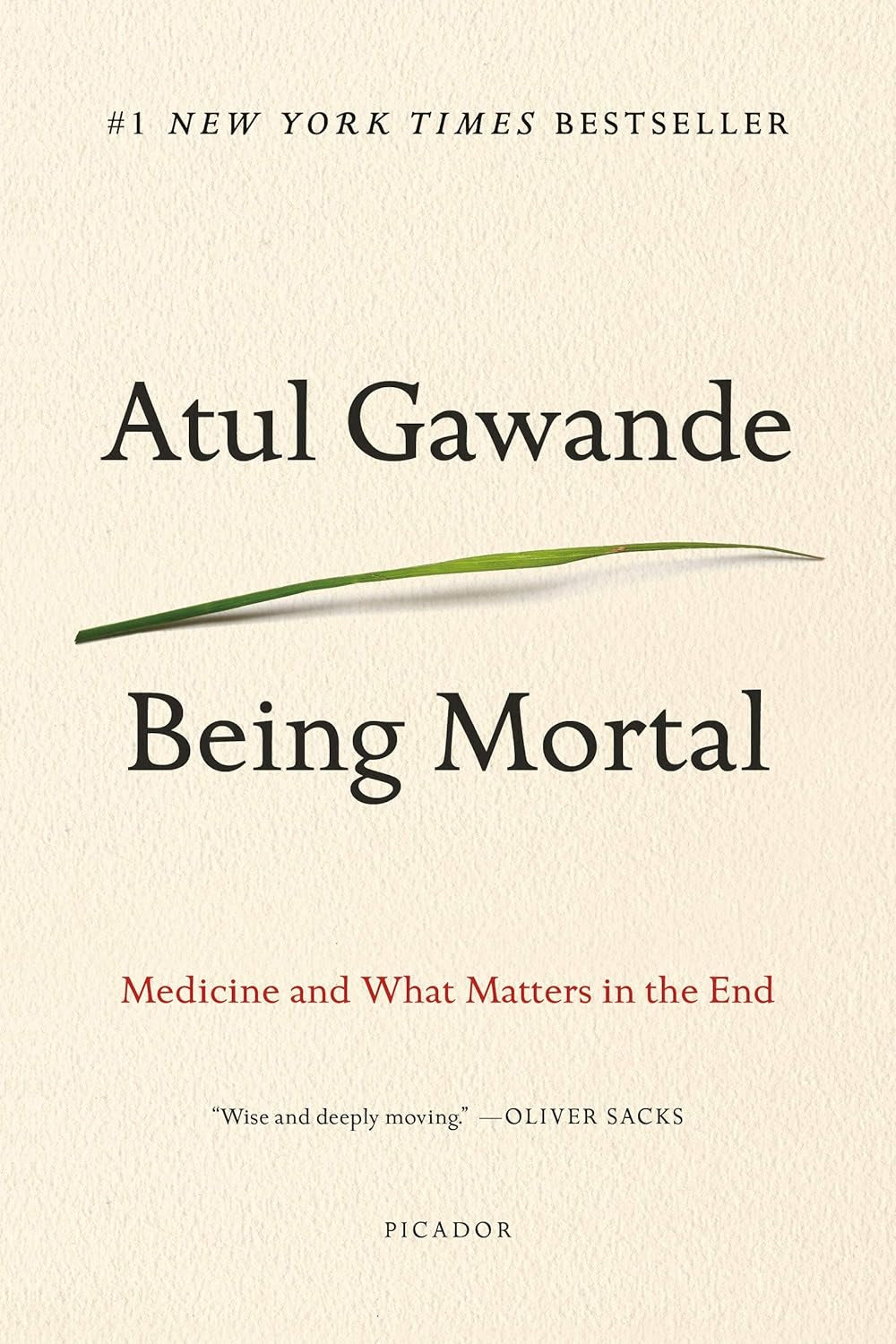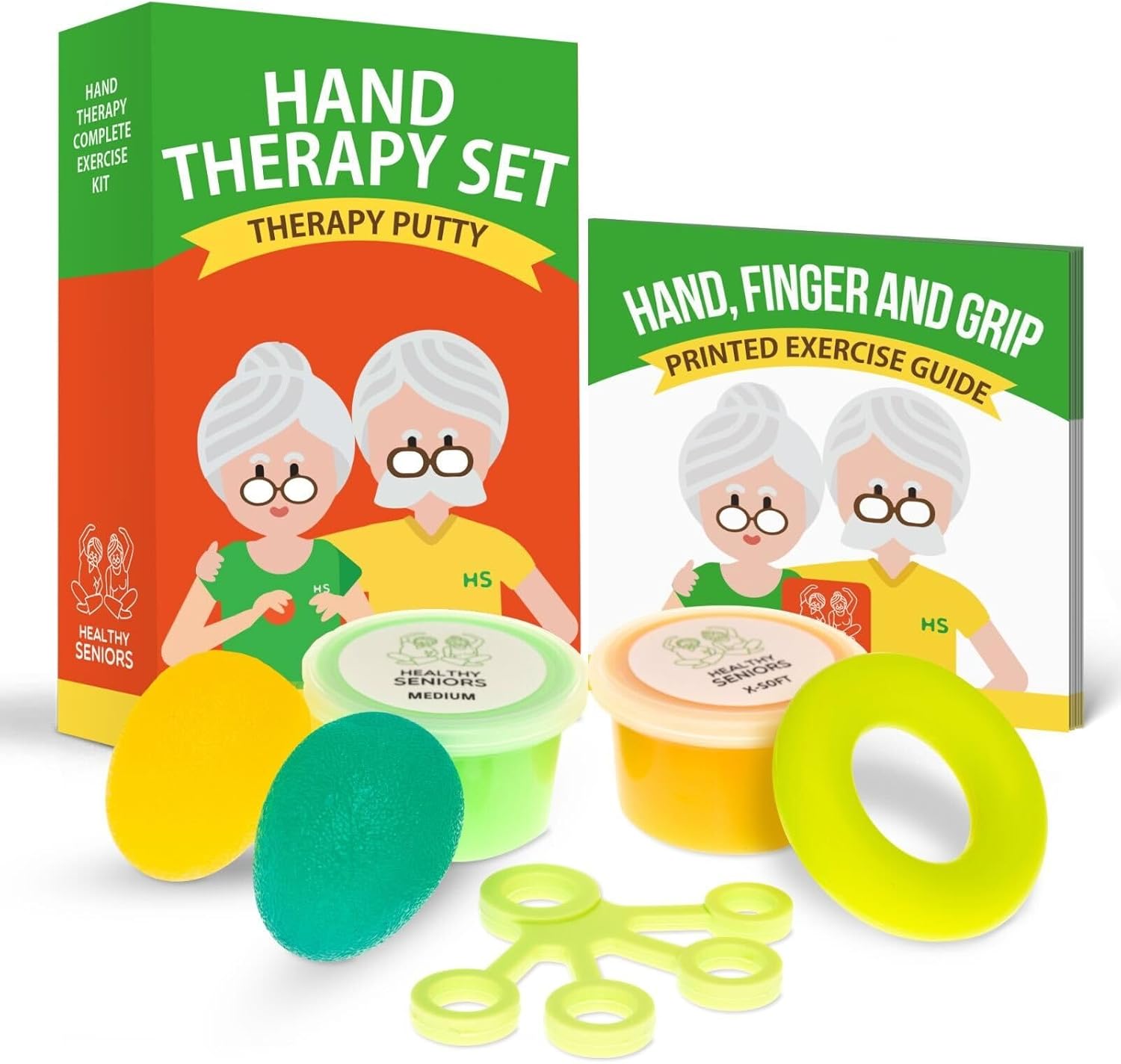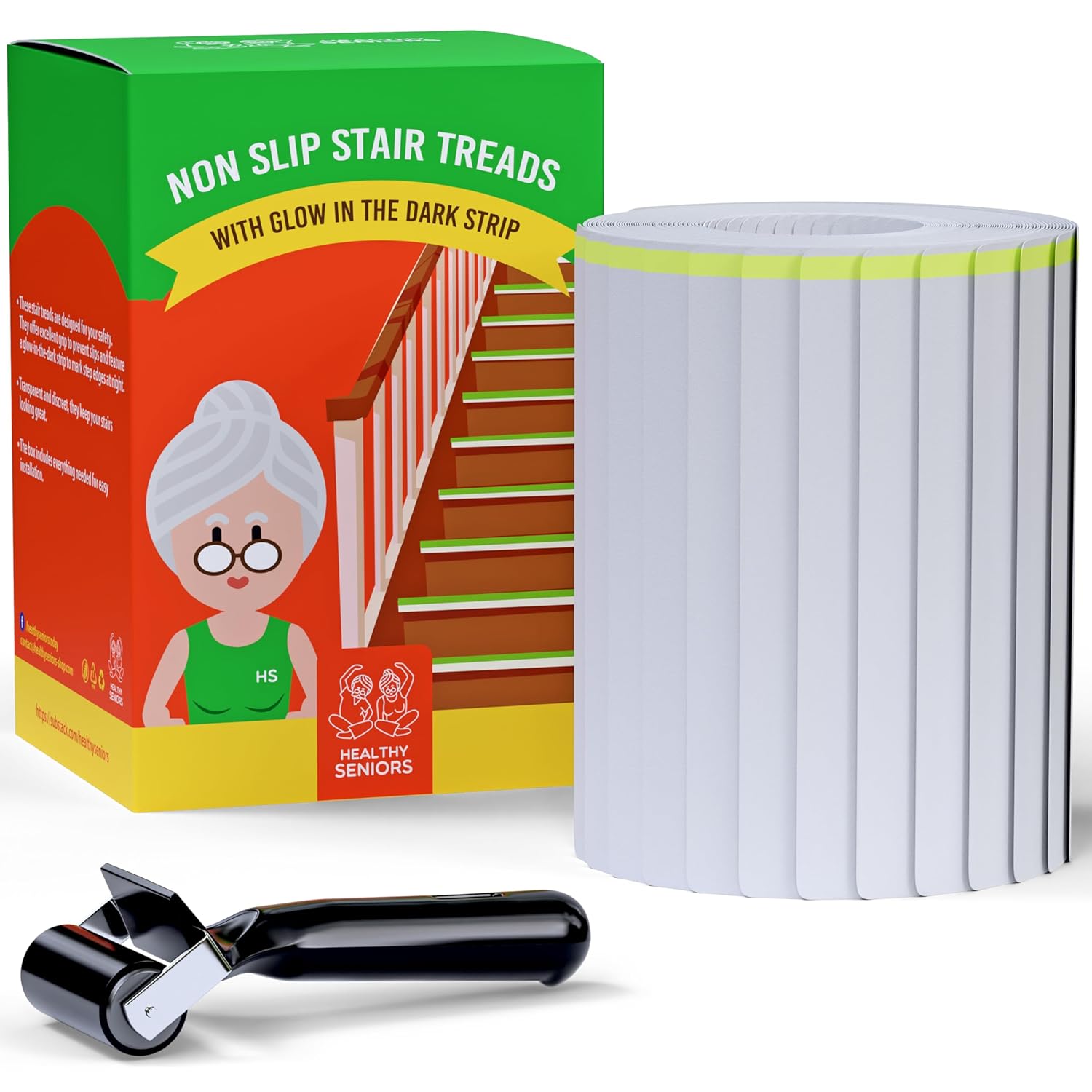
Let’s Talk About What Happens Next (Even If We Don’t Want To)
I want to start by saying this isn’t the easiest topic. But sometimes, the hard conversations are the ones that matter most.
Last week, a dear friend of ours lost his father suddenly. One moment, he was chatting with his wife in the living room. The next, he was gone. A heart attack took him instantly—no warning, no time to say goodbye.
Our friend lives abroad, and while he scrambled to get on a plane, my husband and I went to visit his mother. What we found left a deep impression on me—one I can’t shake.
She was alone. And she was unprepared.
All their closest friends had either passed away or moved to other cities. And though they’d built a life together, her husband had always handled the bills, the paperwork, the “house stuff.” Now, she was grieving and overwhelmed— with no idea where to begin.
That visit stayed with me. It made me realize how many of us, especially in our later years, are walking a tightrope we don’t even see—until something shakes it.
So today, let’s talk about what it means to be gently prepared.
The Conversation We All Avoid
There’s a strange kind of denial many of us carry when it comes to death and aging—even when we’ve lived long enough to know better.
We talk about “someday,” we say “not yet,” we push aside the paperwork and dodge the conversations. As if not speaking about death might somehow keep it at bay.
But here’s the quiet truth: death is the one certainty we all share. It’s not a failure. It’s not the end of your story. It’s simply a part of life’s rhythm—one we can’t rewrite, only prepare for.
Author and surgeon Atul Gawande explores this beautifully in his book Being Mortal. It’s not a depressing read—quite the opposite. It’s a compassionate, honest look at how modern society often fails to help people prepare for the realities of aging and dying. Gawande writes, “Our reluctance to honestly examine the experience of aging and dying has increased the harm we inflict on people and denied them the basic comforts they most need.”
Pretending it won’t happen doesn’t protect us. It only makes things harder when it does.
5 Small Ways to Prepare Without Feeling Overwhelmed
1. Have the “what if” conversation
Set aside time to talk openly with your spouse or family member about who handles each part of your household. Who pays the bills? Where are the bank accounts? Is there a will?
“I didn’t want to talk about it either,” a friend told me recently, “but after we did, I felt lighter—like I wasn’t carrying this secret fear anymore.”
2. Create a “Just in Case” Folder
Call it anything you like—just make sure it exists. This folder (physical, digital, or both) should include:
- A list of monthly bills and how they’re paid (online, check, auto-pay)
- Copies of key documents: birth certificates, marriage license, insurance info, wills
- Bank and investment account details
- Passwords or location of password manager
- Contact information for doctors, financial advisors, lawyers
3. Know Who to Call
Create a small list of “go-to” contacts—not just emergency numbers, but people who know how to help if something happens (a neighbor, nearby relative, or trusted friend).
Print it out and stick it somewhere visible.
4. Practice a “Switch Roles” Day
Every few months, swap household roles for a day. If your spouse usually handles finances, take a turn. If you cook, let them handle dinner.
It’s not just about stepping in—it’s about appreciating each other’s contributions and spotting any gaps. (Plus, you might end up with a few burnt dinners and some shared laughs.)
5. Say What Needs Saying
Sometimes what we leave unsaid is what hurts the most later. Don’t wait for a “perfect” moment to tell your loved ones how much they mean to you, or to write that letter you’ve been putting off.
Even a note tucked in a drawer can mean the world one day.
Choosing Readiness Over Fear
Preparing for death doesn’t mean giving up on life. Quite the opposite—it means claiming it more fully.
When we talk about these things, make a plan, and say the hard words now, we take control of what we can. We clear the fog. We make space for peace.
If this topic feels heavy, try reading Being Mortal. It’s warm, deeply human, and invites us to think about aging and dying with honesty and kindness.

Caregiver Corner: Help Your Loved One Get Ready
If you’re a caregiver, here are three ways you can help without overwhelming your parent:
- Be their “organizing buddy.” Spend a weekend together sorting documents—frame it as a team project, not a lecture.
- Use stories to start conversations. Instead of “You need to get organized,” try: “I read about someone who wasn’t prepared when her spouse passed—it made me think…”
- Create a shared contact sheet. Keep a copy of key contacts and account info (with permission) so you can help quickly if something unexpected happens.
We can’t control everything in life—but we can make sure that when storms come, we’re not caught without an umbrella.
Try this one thing today: start your “Just in Case” folder. Even if it only has one paper in it, it’s a beginning. And beginnings matter.
Liked this post?
Subscribe to our free weekly newsletter at blog.wearehealthyseniors.com to get more stories, tools, and encouragement just like this—delivered straight to your inbox every week.



